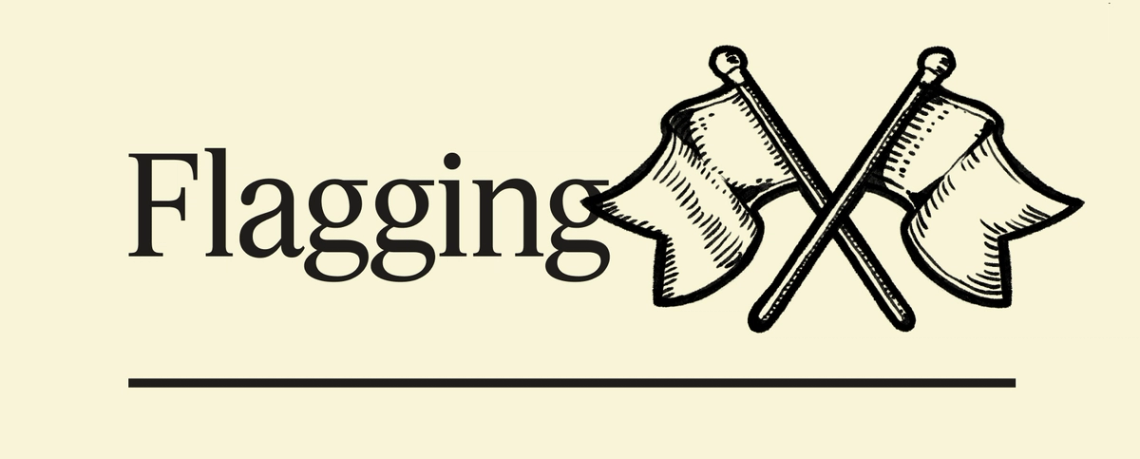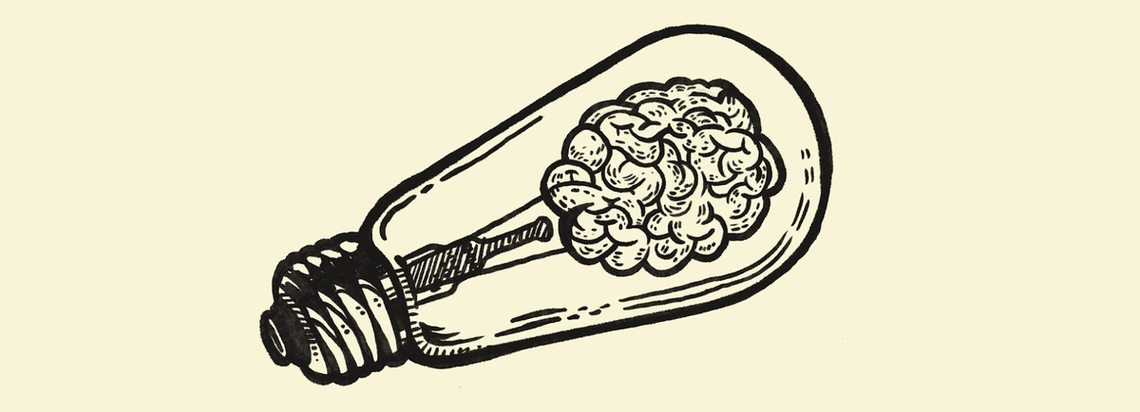If you enjoyed Flagship, please share it with your family, friends, and colleagues — it makes a big difference to our mission to cover the world with intelligence and insight. To make sure Flagship hits your inbox every day, add flagship@semafor.com to your contacts. In Gmail, drag our newsletter to your “Primary” tab. You can always reach us on that address, or by replying to this email. We’d love to hear from you! Thanks for reading, and see you tomorrow. — Tom, Prashant Rao, Preeti Jha, and Jeronimo Gonzalez. Want more Semafor? Explore all our newsletters at semafor.com/newsletters | 













